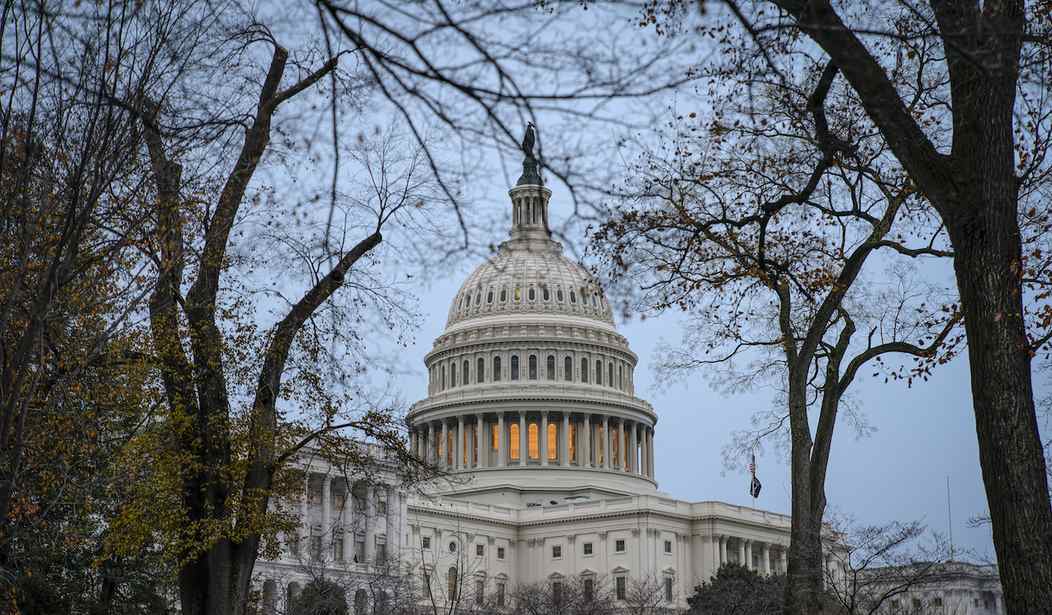Jonathan Kent, 15, affiliated with the Chickasaw Nation, was last seen in Ardmore, Oklahoma on December 19, 2021. The government case file lists him at 6’1”, 160 pounds. Jonathan remains missing to this day.
Willis Derendoff, 34, went missing on November 10, 2020. In factual prose, the file explains, “He came to Fairbanks from Huslia and had a hotel room at the Extended Stay off Old Airport Way. His direction of travel is unknown.”
For Danokoo Hoaglen, 16, the case report only states, “Danokoo was last seen on 04/21/2021 in Billings, MT.”
Jonathan, Willis, and Danokoo are three of the 918 Indian boys and men that the FBI reports as missing in its “Missing Person and Unidentified Person Statistics” report (Page 8). By way of comparison, 578 Indian girls and women are listed as missing in the FBI database. Work the math, 79% of all missing Indian persons are male. Among African-Americans, males likewise constitute a majority of the missing.
Recently the House Committee on Oversight and Reform held a hearing on “The Neglected Epidemic of Missing BIPOC” – BIPOC meaning Black, Indian, and Persons of Color. The focus on missing minority persons seemed justified, since they are more likely to go missing than White persons.
But there was something missing. The hearing only addressed absent females, not missing males. Representative Robin Kelly, who convened the hearing, noted, “The issue of missing Black, Brown, and Indigenous women and girls in America is truly an epidemic, and critically important to me.” Not a word about men and boys.
Recommended
Even more bizarre was the testimony of Ms. Angel Charley, Executive Director of the Coalition to Stop Violence Against Native Women. She made the outlandish claim that ““We know it is not ‘if’ a Native woman will experience violence in her lifetime, it is ‘when.’” If Charley really believes that hyperbole, why did her organization accept nearly $500,000 in grants when she apparently believes nothing can be done to improve the situation?
Was the one-sided testimony because a previous House hearing had addressed missing men and boys? No. Or because previous programs have excluded consideration of missing females? Again, no.
The problem can be traced back to 2013. That’s when Congress added a new title to the Violence Against Women Act (VAWA) called “Safety for Indian Women.” The stated reason was the disproportionate level of partner abuse experienced by Indian women, who faced a lifetime risk of partner violence of 84.3%. But a second look at the Department of Justice report reveals nearly identical numbers for Indian men: a 81.6% lifetime risk. That 2.7% difference is what statisticians would call a rounding error.
And when it comes to psychological aggression, more male than female Native Americans have experienced lifetime psychological aggression at the hands of an intimate partner: 73% of males and 66% of females.
Thanks to VAWA’s new section, the Southwest Indigenous Women’s Coalition and Yup’ik Women’s Coalition were each awarded $341,000, the Emmonak Women’s Shelter received a grant for half a million dollars, and the Strong Hearted Native Women’s Coalition was allocated $1.9 million. Not a single organization with a name suggesting a focus on male victims received VAWA funding.
Under the tutelage of these groups, a new movement sprang into existence: MMIW, an acronym that stands for “Murdered and Missing Indian Women.” There is no movement called MMIM, Murdered and Missing Indian Men. Which is ironic, considering a Centers for Disease Control study, “Homicides of American Indians/Alaska Natives,” found that males represented 75.5% of all Indian victims of homicide.
So in terms of Indians who are murdered or missing, men are at substantially higher risk.
But the MMIW movement isn’t rooted in scientific fact or basic notions of fairness. For example, the Washington Post ran an article in January on violence in Indian communities that was so one-sided and factually incomplete that it resembled an intentional effort to mislead. The article referred to violence against women 21 times, and violence against men only once.
Fortunately, a number of persons are standing up to this incoherent outbreak of neo-sexism.
One Voice of America News article asked, “Are Missing and Murdered Indigenous Men in US Being Ignored?” Commentator Wendy McElroy has noted that the MMIW movement represents a “parody of human rights in which only approved groups are recognized as victims….Only those who share the secondary characteristic of approved genitalia receive compassion.”
And at the March 3 House hearing, former federal Assistant Secretary for Indian Affairs Tara Sweeney revealed, “It was also during those sessions we heard Tribal and community leaders stress that this crisis also affected Native American men and boys [emphasis in the original], which is why our efforts focused on the larger Native American community.”
So Representative Kelly, how about offering a heart-felt apology to the hundreds of missing Indian men and boys? And devoting your next hearing to missing persons of color who are male?
Edward E. Bartlett is the president of the Coalition to End Domestic Violence.
























Join the conversation as a VIP Member